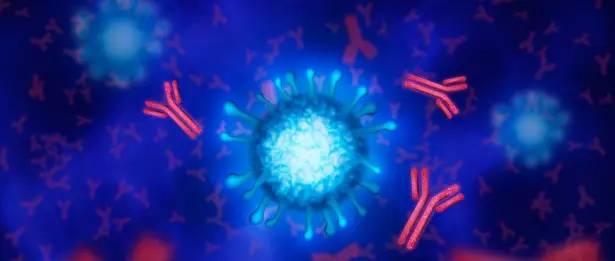Stem Cell Applications in Autoimmune Diseases

What are Autoimmune Diseases?
In autoimmune diseases, the patient's immune system cells (warrior cells; immune cells), which are normally programmed to fight pathogens such as cancer cells, bacteria, and viruses, unfortunately attack the patient's own healthy cells for unknown reasons. As a result, diseases occur. These diseases are generally called autoimmune diseases. Diseases such as Lupus Erythematosus, MS (Multiple Sclerosis), Systemic Sclerosis, Rheumatoid Arthritis, Ankylosing Spondylitis, and Hashimoto's Thyroiditis are autoimmune diseases.
What is Stem Cell Therapy for Autoimmune Diseases?
Unfortunately, it is not possible to treat these diseases with modern medical treatment methods. However, today, modern medicine can produce palliative (partial) solutions for these diseases with some immunosuppressive drugs and reduce the symptoms of the diseases and increase the quality of life. Stem cells have been frequently tried in autoimmune diseases in the last 10 years due to their immunosuppressive properties and especially their anti-inflammatory properties, and partial success has been achieved. Serious success has been achieved, especially in diseases with relatively milder clinical courses.